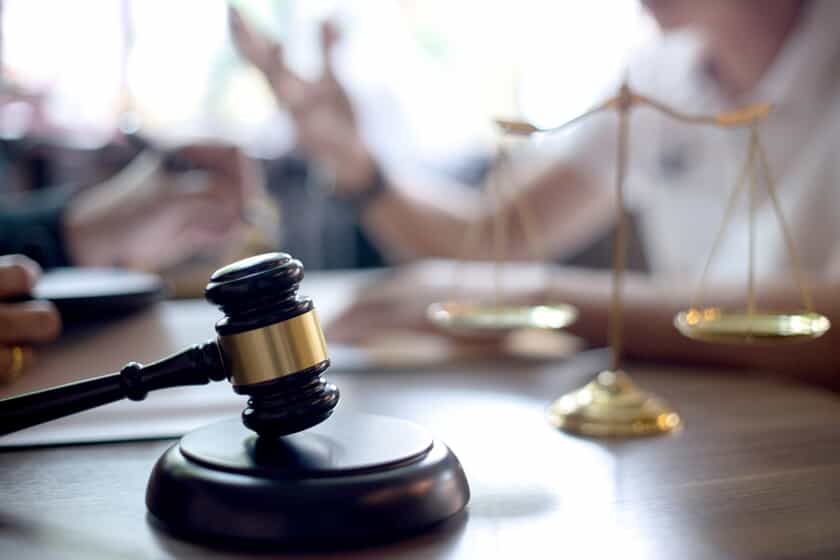
December 29, 2014, student pilot Jonathan Desouza was severely injured in a helicopter crash near Lantana Airport. His instructor, Luis Aviles, was killed in the crash. Now Desouza claims that Aviles was on his cell phone, using the FaceTime app, mere moments before the helicopter went down. Desouza and his attorney, Robert Baker of Zimmerman & Frachtman, are suing Palm Beach Helicopters for negligence. The suit was filed in Palm Beach County Circuit Court on March 18, 2015. The lawsuit also lists LLB Enterprises Group Inc., the owner of the Robinson R-22 helicopter, and Aviles’ estate as defendants in the suit. It has not been released yet how much Desouza is asking for in damages. Desouza is still in a full body cast more than three months after the accident, with a fractured spine, ribs, and tailbone.
“If in fact the account is true, it’s highly irresponsible,” Baker accused, but he admitted he had not yet obtained the cell phone records for Aviles.
Aviles and Desouza were practicing an autorotation descent, which is a maneuver to permit a helicopter to glide down if the engine fails. Ironically, it was as they were simulating an engine failure that the helicopter crashed.
Desouza claims that Aviles, who had been a certified flight instructor for Palm Beach Helicopters since 2012, was on his cell phone using FaceTime before the crash. The Federal Aviation Administration has prohibited pilots from using personal electronic devices whilst flying since 2013. Desouza’s lawsuit alleges Aviles was “acting recklessly and/or grossly negligent in using FaceTime on his cellular device while operating the subject helicopter during a flight training lesson.” The lawsuit also claims the flight school did not prepare Desouza for emergency landing situations.
According to Baker, Desouza said it was strange for Aviles to be on his cell phone, but he did not remember if the instructor was still using it as the helicopter went down. Desouza told the National Transportation Safety Board that he didn’t remember the events leading up to the crash. The helicopter, a Robinson R-22, was approximately 100 feet above Lake Worth when he heard Aviles say, “We’re going down.”
In the NTSB‘s preliminary report from January 6, 2015, there is no mention of Aviles using his phone. Baker was not with his client during the first interview and thus does not know what specific questions were asked. The NTSB’s final report, which will include the pilot’s training record, the helicopter’s maintenance history, and environmental factors, will not be completed until the end of the year.
Palm Beach Helicopters is not making any comments on the lawsuit at this time.

